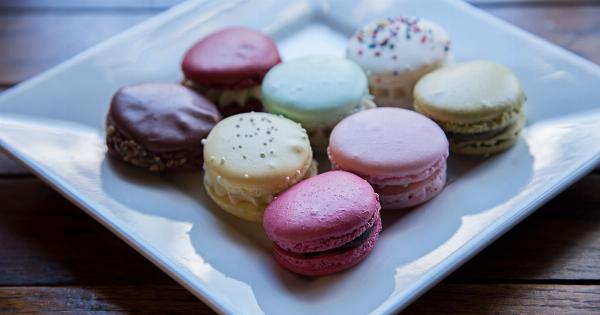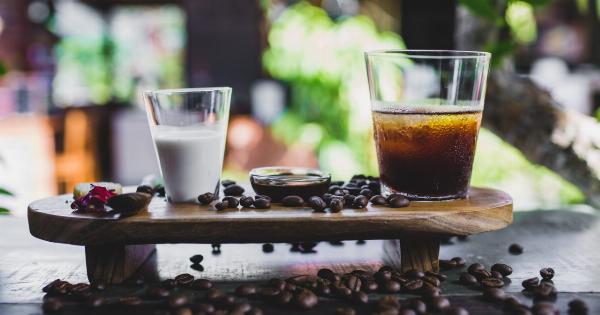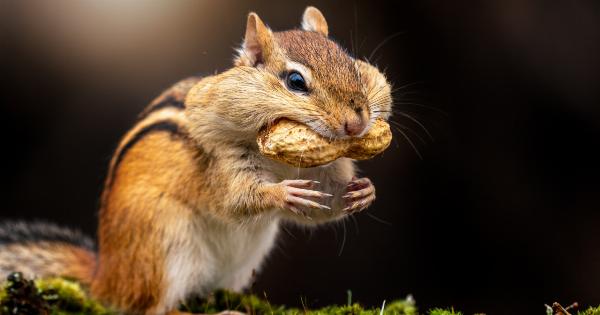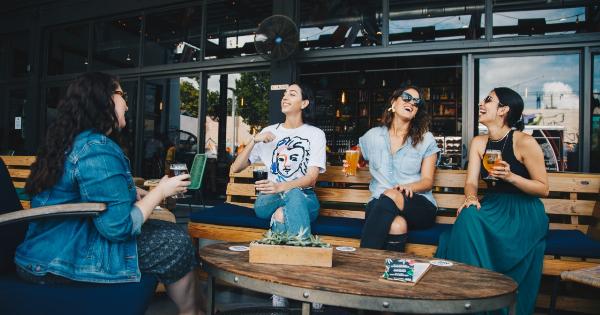Caffeine is a natural stimulant found in many foods and beverages. It is particularly popular in beverages like coffee, tea, and energy drinks.
However, the amount of caffeine found in these beverages varies widely, and many people may not be aware of how much caffeine they are consuming. In this comparative study, we will explore the caffeine content of some of the most popular beverages, and how they compare to each other.
Coffee
Coffee is undoubtedly one of the most popular sources of caffeine. The amount of caffeine in coffee can vary widely depending on the brewing method, roast, and amount of coffee used. Generally, an 8-ounce cup of coffee contains around 95mg of caffeine.
However, specialty coffees like espresso or cold brew can have significantly more caffeine, with an espresso shot containing around 55mg of caffeine per ounce, and cold brew containing up to 200mg of caffeine per 8-ounce serving.
Tea
Tea is another popular source of caffeine. The amount of caffeine in tea also varies depending on the type of tea and how it is brewed.
On average, a 8-ounce serving of black tea contains around 47mg of caffeine, while an 8-ounce serving of green tea contains around 28mg of caffeine. However, some specialty teas like matcha can have significantly more caffeine, with one teaspoon of matcha powder containing around 70mg of caffeine.
Soda
Soda is a popular beverage, but it is not usually associated with caffeine. However, many sodas contain caffeine, usually around 23-50mg per 8-ounce serving.
Some sodas like Mountain Dew or Surge can have significantly more caffeine, with 8-ounce servings containing up to 88mg of caffeine.
Energy Drinks
Energy drinks are specifically designed to provide a boost of caffeine and energy. The amount of caffeine in energy drinks can vary widely, but on average an 8-ounce serving contains around 80mg of caffeine.
Some energy drinks can have significantly more caffeine, with some containing up to 500mg of caffeine per serving.
Chocolate
Chocolate is another surprising source of caffeine. While the amount of caffeine in chocolate is relatively low, it can add up if you consume a lot of chocolate.
On average, a 1-ounce serving of milk chocolate contains around 6mg of caffeine, while dark chocolate can contain up to 12mg of caffeine per 1-ounce serving.
Conclusion
The amount of caffeine in different beverages can vary widely, and it’s important to be aware of how much caffeine you are consuming.
While coffee is a popular source of caffeine, other beverages like tea, soda, energy drinks, and even chocolate can contain significant amounts of caffeine. When consuming these beverages, it’s important to be mindful of your caffeine intake and consider the potential side effects, such as jitters, irritability, and difficulty sleeping.




























